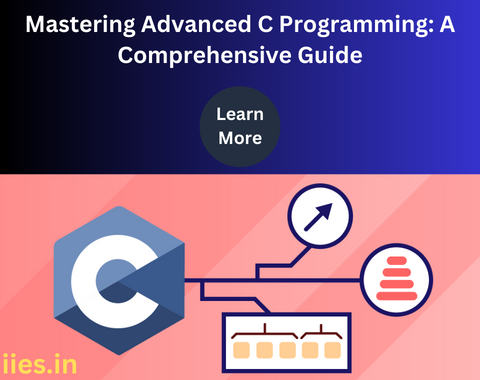C programming, with its robust and efficient nature, has been a cornerstone of software development for decades. As technology continues to advance, the need for programmers well-versed in advanced C programming has never been more critical. In this article, we delve into the intricacies of advanced C programming, exploring techniques, features, and best practices that elevate developers to mastery in this venerable language.
if you are a software developer or just starting out in programming, getting started with Advanced C Programming (ACP) can be daunting. This book is written specifically for experienced programmers, but it’s packed with useful information for beginners, as well. ACP is a powerful programming language that allows developers to build sophisticated applications and systems. If you’re interested in learning this toolset, this guide will walk you through the basics of using ACP.
Advanced C Programming is a challenging language, but the rewards are high. With this book as your guide, you’ll be able to create advanced programs that can power sophisticated systems. so if you’re ready to tackle the challenge, start reading today!

